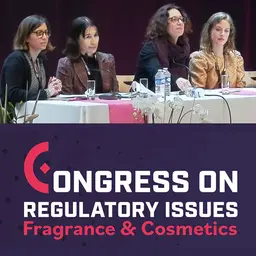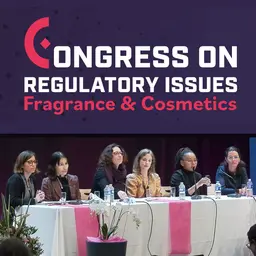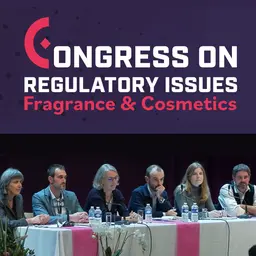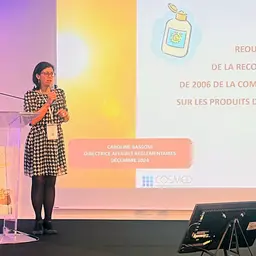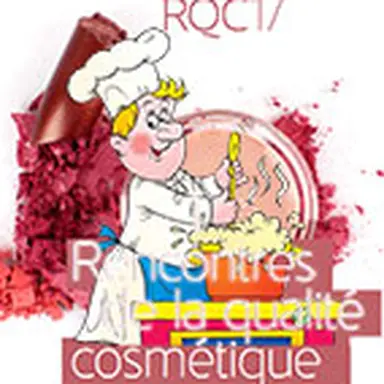
To be personalized and made upon request, tailor-made products still need to meet GMP quality requirements. And yet, how can those be implemented at points of sale, whose typology is so different from that of plants? At the first Rencontres de la Qualité Cosmétique, a conference on cosmetic quality organized by IFIS (French Training Institute for Healthcare Professionals) and FEBEA (French Federation of Beauty Companies), Laurent Bécaud, Quality Manager of Chanel, gave an overview of the industry’s thoughts on this issue.
During this presentation, Laurent Bécaud detailed the results of a working group established within FEBEA, and which involved representatives of L’Oréal, Dior, Unilever, and Chanel. The challenge was to answer the following question: how to ensure, for products partly prepared at a point of sale, the same quality level as those made in premises dedicated to production? The objective was to draft a text in the form of guidelines.
Scope of application of the text
The working group focused on one-off products made at a point of sale, at the explicit request of a consumer, i.e. products that cannot be made in advance.
They excluded serially manufactured cosmetic products (including those made at points of sale), because in that case, it is standard ISO 22716 on GMPs that fully applies.
Different situations
Three possibilities were distinguished, each of them having different implications in terms of Good Practices.
1. Divided cosmetic products
This term refers to any simple cosmetic product or stable preparation prepared beforehand by a company which complies with standard ISO 22716, and divided at a point of sale: for example, large soap bars cut in stores to be sold in small parts.
2. Automatic standardized preparations
These refer to any …

